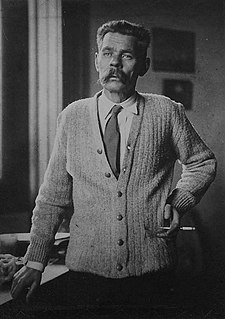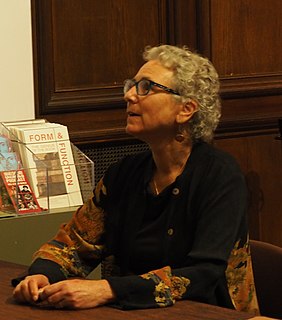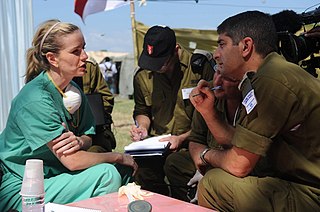A Quote by Maxim Gorky
When the life is monotonous , even grief is a welcome event.
Related Quotes
to love life, to love it even when you have no stomach for it and everything you've held dear crumbles like burnt paper in your hands, your throat filled with the silt of it. When grief sits with you, its tropical heat thickening the air, heavy as water more fit for gills than lungs; when grief weights you like your own flesh only more of it, an obesity of grief, you think, How can a body withstand this? Then you hold life like a face between your palms, a plain face, no charming smile, no violet eyes, and you say, yes, I will take you I will love you, again.
When you're a screenwriter working on a film, you're not really even welcome on set, even if you know... When I wrote 'Elizabeth' and Shekhar Kapur was a friend of mine, but I wasn't really welcome on set, because the director is God and it's a very difficult position for a screenwriter who's put so much passion into that, into the writing.





































